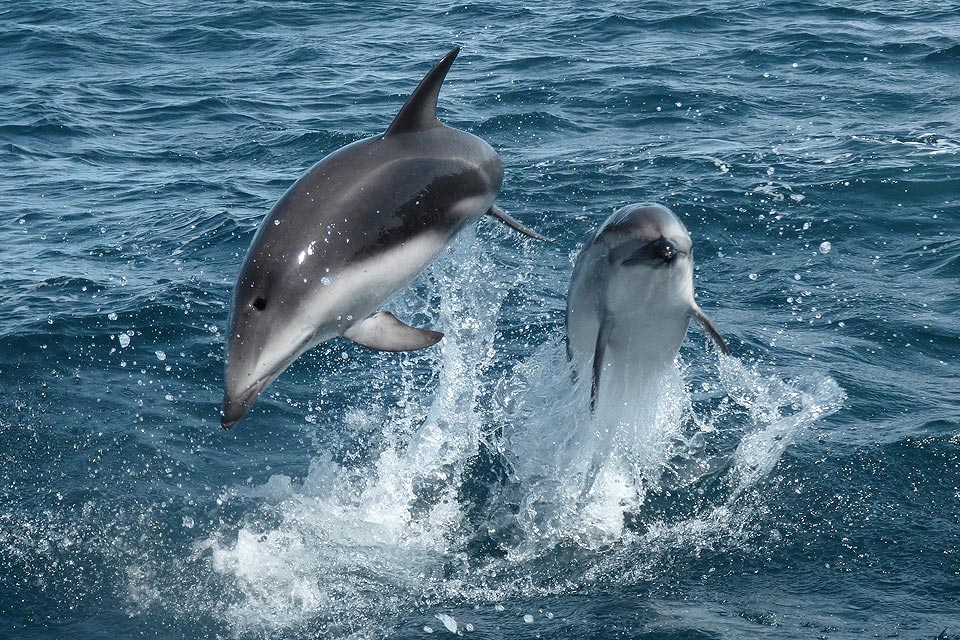New Marine Protected Areas (MPA) are being created in our region and the world, but that simple fact is not enough to preserve the natural values of the sea. Today, the effective implementation of this tool is weak. Its success depends mainly on the strengthening and capacity building of the institutions in charge of MPAs management.

© E. Zavattieri
In this context, next August the first course on Management of Marine Protected Areas of the Southern Cone will begin. “The aim is to stop creating MPA that do not have effective implementation. It is really important to develop the appropriate management skills, both to create the MPA needed, as well as to help them fulfill their conservation mission,” says Rodrigo Guijón, from the Wildlife Conservation Society (WCS) Chile, one of the organizations that coordinate the initiative, together with the World Wildlife Fund (WWF) Chile and Fundación Vida Silvestre Argentina (FVSA).
Argentina, Chile and Uruguay will be represented by technical and administrative personnel from the public administration office in charge of MPAs. This regional approach will be key to create a pioneer cohort of people with the skills needed to address the challenges and opportunities presented by the sea in our latitudes. “Marine ecosystems of the Southern Cone have characteristics typical of temperate seas, so they need to be thought of dynamically, with an adaptive and regional approach,” explains Alejandro Arias, of Fundación Vida Silvestre Argentina.
The course will be part of a larger initiative, the “Regional School for Marine Protected Areas,” aimed at increasing the effectiveness of MPA in the region. “We are going through a key moment for marine conservation, therefore, innovative initiatives such as this MPA School will provide tools that we hope will influence the effective management of these conservation units,” said Cristina Torres of WWF.
Government Institutions, scientists and experts from several countries took part in the development of content for the pilot course; while public and private institutions, such as Oceans5, Aluar, WWF and the Waitt Foundation provided the resources to carry it out. The course was convened by the National Parks Administration of Argentina (APN) and its Training Coordination area, the Ministry of Environment of Chile, the Ministry of Housing, Land Planning and Environment of Uruguay, and the Forum for the Conservation of the Patagonian Sea and Areas of Influence, an international network of NGOs interested in promoting a healthy and full of life Patagonian Sea Ecosystem.